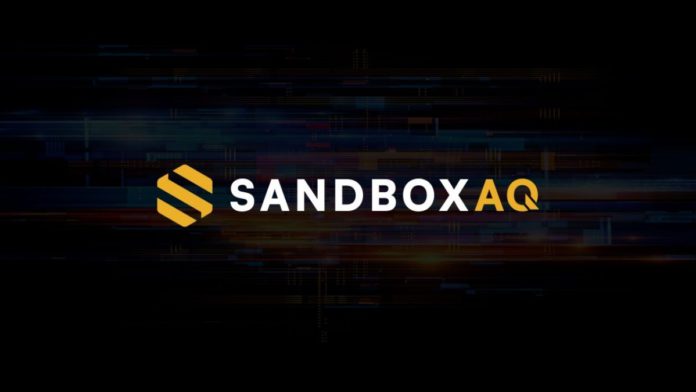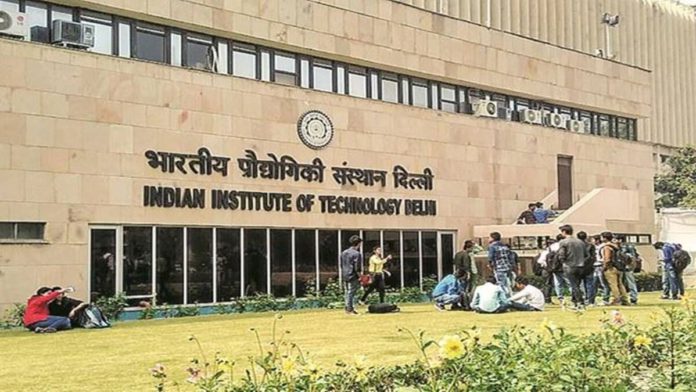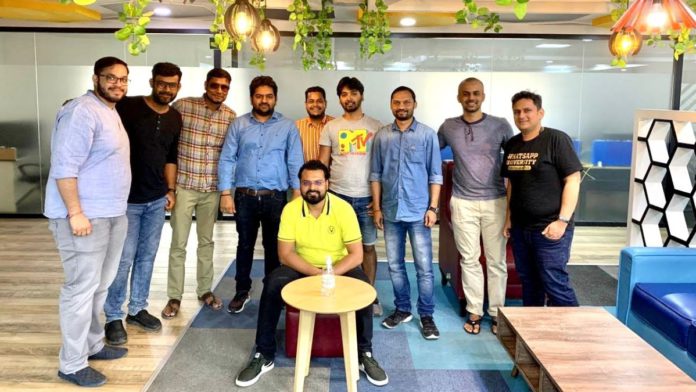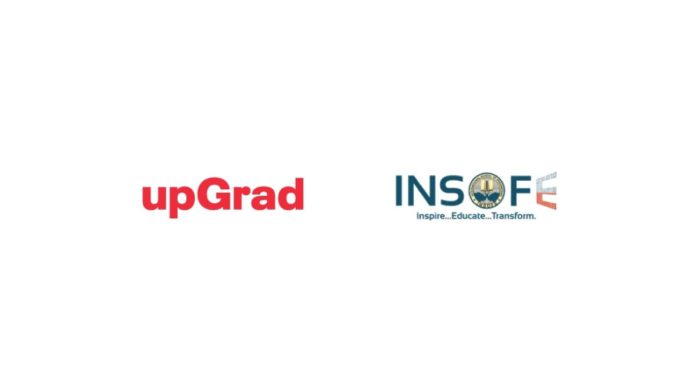Enterprise Software as a Service provider Sandbox AQ teams up with Ernst & Young (EY) and Deloitte for quantum tech and artificial intelligence (AI).
As a part of this partnership, customers of EY and Deloitte will now enjoy the benefits of Sandbox’s quantum AI options.
Sandbox AQ, according to the company, will enable partnered organizations to add practical AI and quantum technology solutions from Sandbox AQ to their systems integration and implementation experience.
Read More: Korean Startup Mars Auto is all set to launch Self-driving Trucks next year
The newly announced collaboration aims to assist organizations of various sizes in addressing computationally intensive challenges, along with creating competitive advantages for their businesses.
CEO and Global Chairman of EY, Carmine Di Sibio, said, “Advances in quantum computing and AI technologies are happening with remarkable speed and have the potential to address the most complex business challenges across all industries. EY operates at this intersection of business and technology, and I am looking forward to welcoming the Sandbox AQ team to the EY ecosystem of alliance partners.”
Sibio further added that they could provide global clients with the vision and expertise required to leverage advanced computation to drive and protect business value.
United States-based enterprise SaaS company that provides AI and quantum computing solutions, Sandbox AQ, was founded in 2016. Sandbox AQ modules enable post-quantum cryptography in line with emerging standards in this field. Sandbox AQ also provides simulation software to help speed up material science development, drug discovery, and other HPC tasks.
“Today’s largest multinationals are looking for innovation breakthroughs while simultaneously combatting security threats,” said CEO of Sandbox AQ, Jack D. Hidary. He also mentioned that their strategic partnership with EY will bring advanced technology, deep quantum expertise, and value-added solutions to their global customer base, assisting in resolving computationally-intensive problems while mitigating critical threats.
“Leveraging Sandbox AQ’s advanced technology, deep quantum knowledge, and solutions together with Deloitte’s seasoned cybersecurity and quantum advisory professionals and complementary technology-enabled solutions will help organizations mitigate risk and protect operations during the quantum transformation,” added Hidary.










